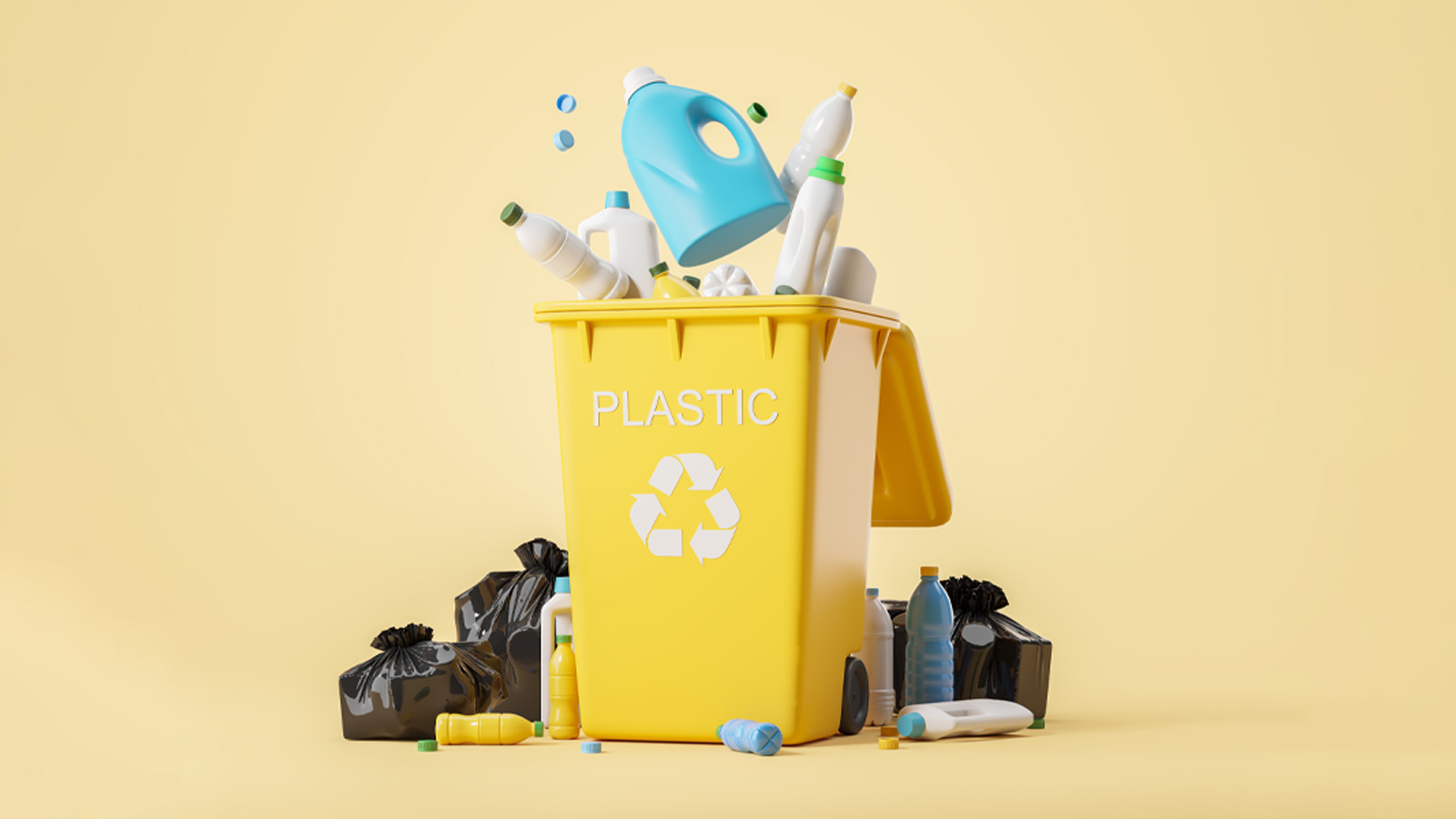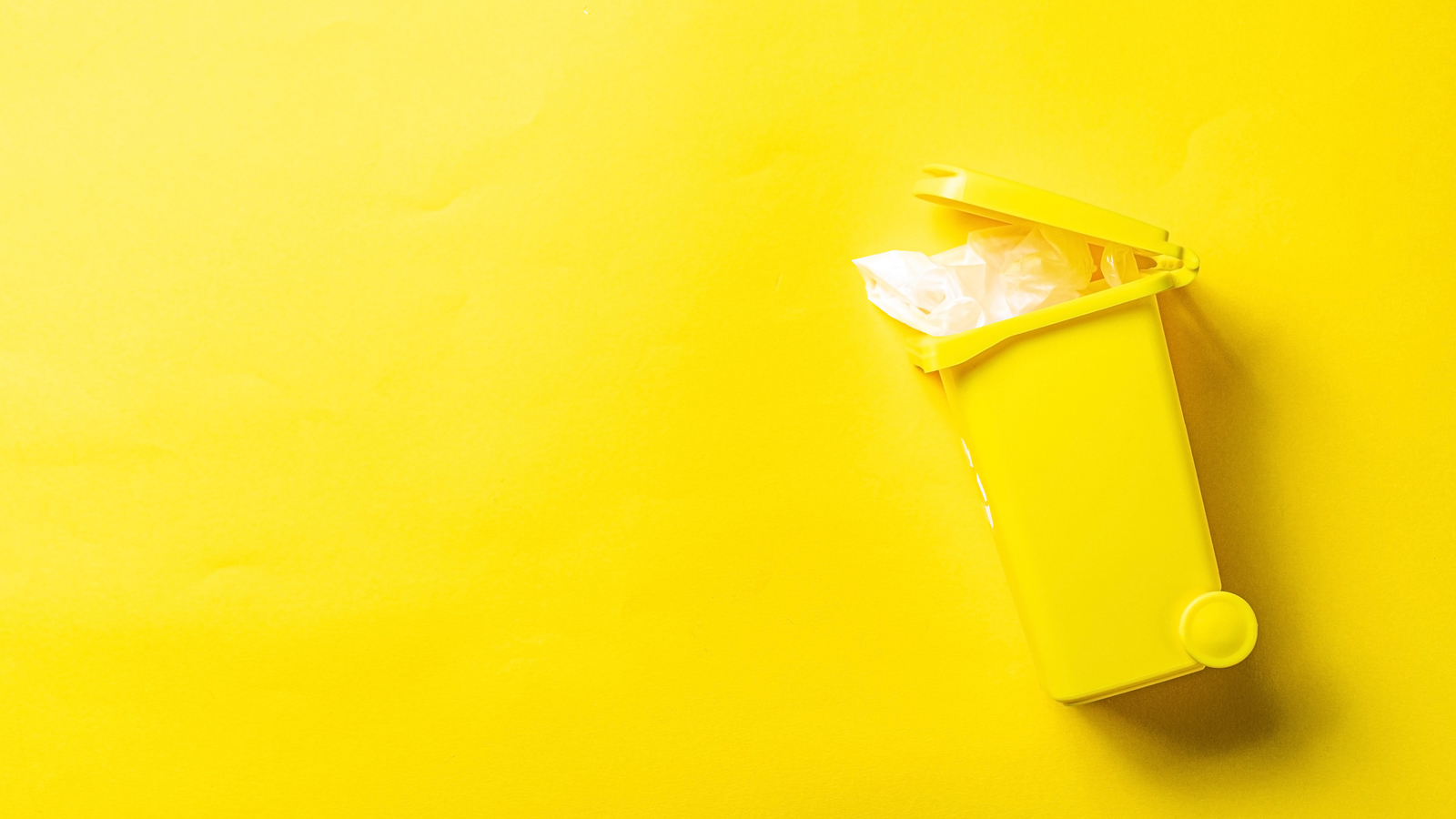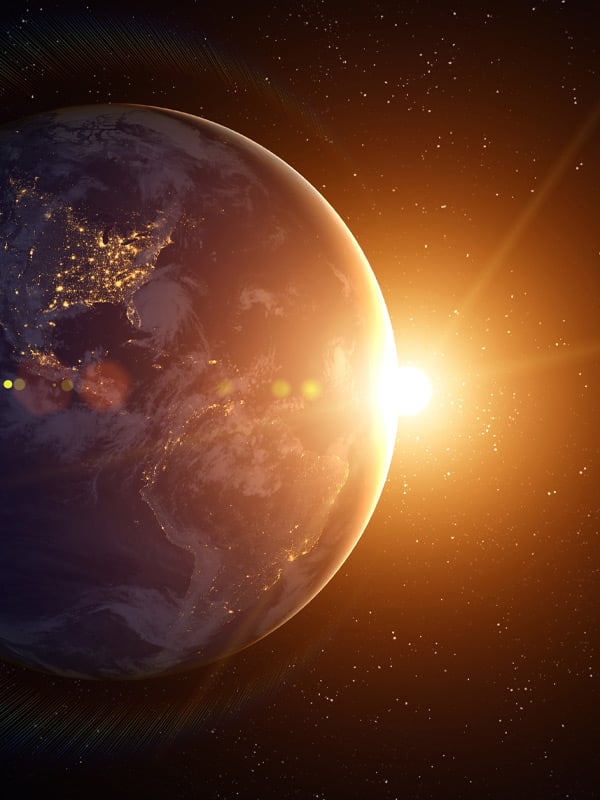Do you ever wonder if biodegradable plastic is always better for the environment? Do you expect that recycling paper takes more energy than it produces? In light of the increasing focus on environmental issues, waste management and recycling, it seems like everyone has an opinion. But how many of those opinions are based on factual knowledge and how many are fables?
It is striking how often statements about the environment and recycling are made without proper substantiation. It's time to address some of these misconceptions. In this article, you will discover what really lies behind commonly held beliefs about waste and recycling. It's time for the big Waste Bingo, where we debunk myths about waste and recycling once and for all!
1. Separated waste ends up back in the same pile anyway".
Waste segregation, some say, would have no impact on waste disposal. Nothing could be further from the truth. Separation of waste streams is crucial to an efficient and cost-effective waste treatment process. Separating waste streams at the source provides an opportunity to process different materials much more effectively. Thus, more materials become available for recycling.
There are times when waste streams are rejected for recycling. However, this only happens when there is too much non-matching or contaminated waste. For example, when too much food waste remains on plastic materials. This is precisely why careful separation of waste streams is so important.
2. "Biodegradable plastic is always better for the environment."
Biodegradable plastic can in some cases degrade faster than traditional plastic. However, this requires very specific conditions, such as the presence of oxygen, light and heat. If biodegradable plastic is not broken down properly, it can even be harmful to natural environments.
Also realize that biobased plastic does not always equal biodegradable. This underscores the complexity of the debate surrounding plastic.
3. "All plastics are recyclable"
Unfortunately, not all plastics are suitable for effective recycling. Some plastics are difficult to process because of their chemical composition or physical properties. Also, the cost of recycling some plastics may not be economically viable. When plastic is too contaminated with other materials, such as food scraps, the possibility of recycling is also lost.
4. "Separating waste is the same everywhere."
This statement is a simplification of a much more complex process. Waste separation varies greatly from country to country and sometimes even from region to region. Factors such as the availability of recycling facilities and local guidelines play an important role in waste separation.
5. "Separating waste costs more than it generates."
Separating waste is environmentally valuable. But waste separation can also provide economic benefits. Separating waste at the source reduces the amount of residual waste. This leads to lower collection and processing costs.
In a circular economy, we view waste materials as potential raw materials for new products. This allows you to save on the purchase or extraction of raw materials. These cost savings contribute to a more efficient waste system while having a positive impact on the environment.
6. "The production of recycled paper consumes more water and energy than the production of new paper."
Good news: the production of recycled paper actually uses less water and energy than the production of new paper. To illustrate, the production of new paper takes an average of 25 liters of water. Recycled paper requires only 10 to 15 liters of water. This shows that recycled paper is a more environmentally friendly alternative than new paper.
7. "Paper can be infinitely recycled."
The quality of paper fibers decreases with each recycling cycle. Therefore, paper cannot be recycled indefinitely. Paper fibers lose a bit of their original length and strength each time. On average, after seven recycling cycles, the fibers become too short and weak to produce high-quality paper.
8. "Recycling is always the best choice."
Recycling is important. Yet it is not always the most sustainable option. Milgro strongly believes in the higher rungs of the R-ladder. For example, we see the reduction of raw materials and materials and reuse as much more effective solutions. In doing so, we avoid waste and preserve the value of raw materials for as long as possible. These methods contribute much more to sustainable waste management and conservation of natural resources than recycling.
How do you score on the big Waste Bingo?
How many fables from the Great Waste Bingo did you already know? These eight examples show that many of our beliefs about waste and recycling are based on misconceptions. Be sure to stay informed so you can take a thoughtful, sustainable approach to waste management. By understanding more about the fables and facts, we will work together to create a more sustainable, cleaner future.
Stay informed
Stay up to date on all new developments? Follow us on LinkedIn or Instagram. Or subscribe to the newsletter. Are you curious about what Milgro can do for your operations and waste process? Contact us









